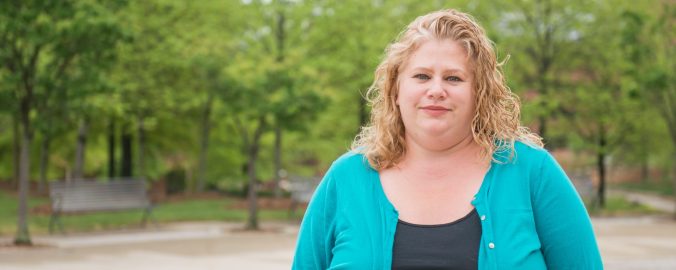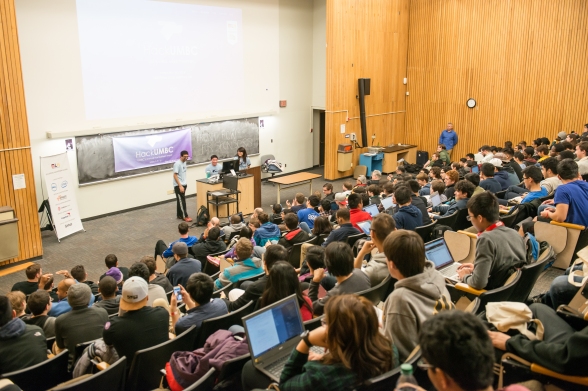It’s been a good year for the UMBC Swimming and Diving team. After defending their America East championship title for the third year running, sending one athlete to the 2016 Olympic Games in Rio, having another qualify for the Olympic Trials and earn bronze at the NCAA Championships (again!), and seeing several of their own compete internationally, you might even say the season’s been going swimmingly.
So, too, are the team’s fundraising efforts: with the help of their famously close-knit alumni community, the team raised nearly $40,000 on their recent giving day.
In the United States, where football, baseball, and basketball are king, swimming and diving are sports that only come around to the public consciousness in Olympic years. This often means that Olympic sports at the collegiate level lack for funding compared to sports that bring in advertising dollars and endorsement deals, and can be more vulnerable to university budget cuts as a result.
That’s where the alumni network comes in, says UMBC director of aquatics Chad Cradock ’97, psychology, who coaches the swimming and diving team: “We don’t have what a Michigan or a Stanford or an Arizona would have, but we do pretty well for who we are because of [our alumni] involvement and their help.” He says alumni stay connected to campus in a variety of ways, from the annual Alumni Day to the team’s expansive Facebook group.
“We try to think of UMBC Swim and Dive as a family,” says senior Emily Escobedo ’17, psychology, one of the swimmers who helped to promote the giving day. “We’re a family right now, and [our alumni] are like long-lost cousins that you don’t see all the time, but that you get to meet and you get to know.”
The giving day was heavily advertised in advance via email and social media, and student athletes like senior team captain Katie Ross ’17, psychology, made calls to alumni throughout the 24-hour period. Ross says what surprised her the most was how receptive alumni were to the idea of a giving day.
“Nowadays, it’s hard to get anyone on the phone for anything,” says Ross, but she says she had several conversations with alumni who weren’t just excited to give to swimming and diving, but interested in her athletic career as well.
“I’d get on the phone and talk to someone, and we’d get sidetracked, and they’d start asking me about swimming or what I’m studying,” she says. “They cared. They actually cared about the athletic department, specifically swimming.”
Ross says fundraising is particularly important given the team’s size and relative diversity: with donations from alumni, the team is able to adopt a broad based recruiting philosophy, expanding the UMBC footprint both across the country and around the world. Student-athletes participate in a championship experience, traveling to away meets as a family. When the whole team is able to cheer each other on, it strengthens their bond.
“Recognizing that this sport really does bring people together, even if it doesn’t necessarily make money” is what’s important, she says.
—Julia Celtnieks ’13
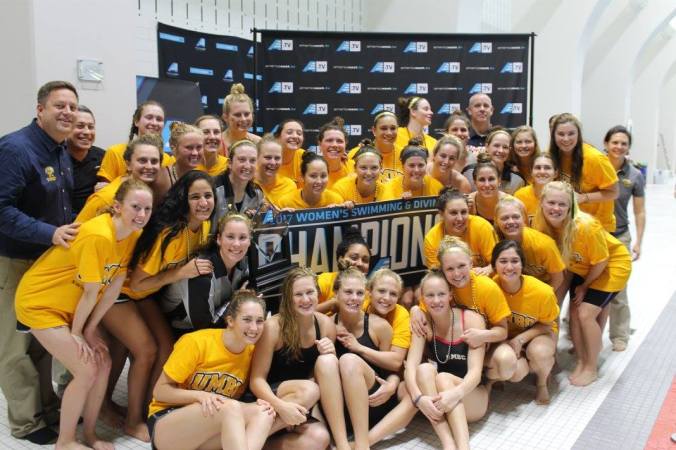
The UMBC Women’s Swimming and Diving team celebrates after defending their America East Championship title on February 12. Photo courtesy of America East Championship.
Have a cause close to your heart? Make a gift to UMBC today.
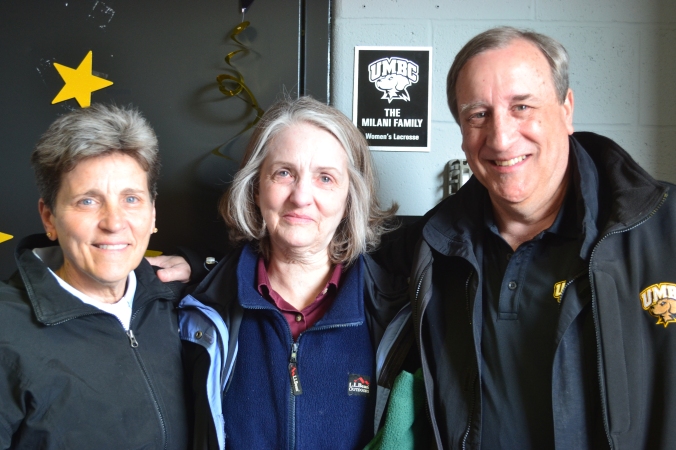
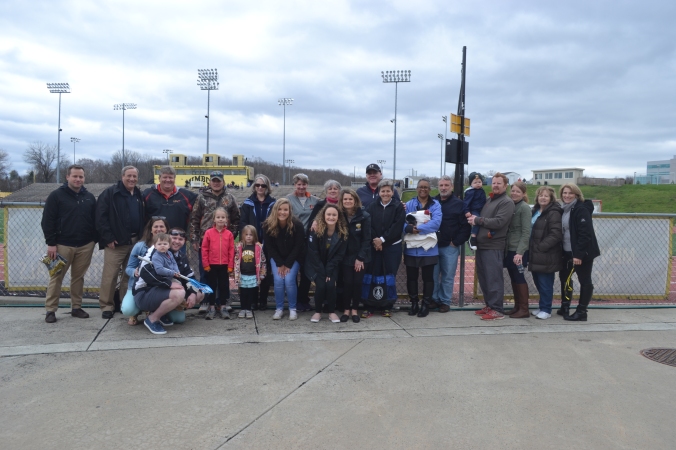
 Diverse. Innovative. Up-and-coming. Those are just three words often used to describe UMBC’s campus and culture. Another word, one that’s no less a part of who we are, is
Diverse. Innovative. Up-and-coming. Those are just three words often used to describe UMBC’s campus and culture. Another word, one that’s no less a part of who we are, is 


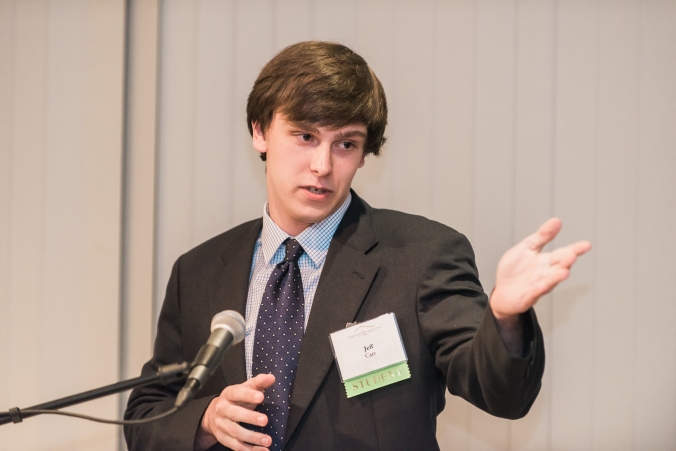
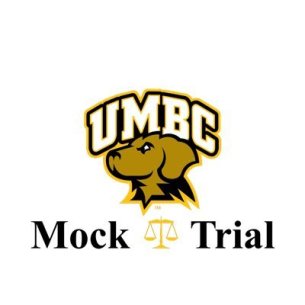 UMBC’s Mock Trial team spends a lot of time on the road. This academic year, they’ve already been to four invitational tournaments at schools across the Mid-Atlantic, with trips to UPenn and Georgetown coming up within the next several months. They’ve been able to travel the country, hone their rhetorical skills, and represent our school’s commitment to inclusive excellence thanks to donors like you, who helped the nationally-ranked Mock Trial team raise more than double their fundraising goal for this semester.
UMBC’s Mock Trial team spends a lot of time on the road. This academic year, they’ve already been to four invitational tournaments at schools across the Mid-Atlantic, with trips to UPenn and Georgetown coming up within the next several months. They’ve been able to travel the country, hone their rhetorical skills, and represent our school’s commitment to inclusive excellence thanks to donors like you, who helped the nationally-ranked Mock Trial team raise more than double their fundraising goal for this semester.